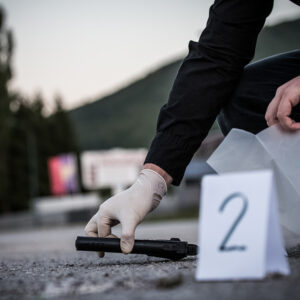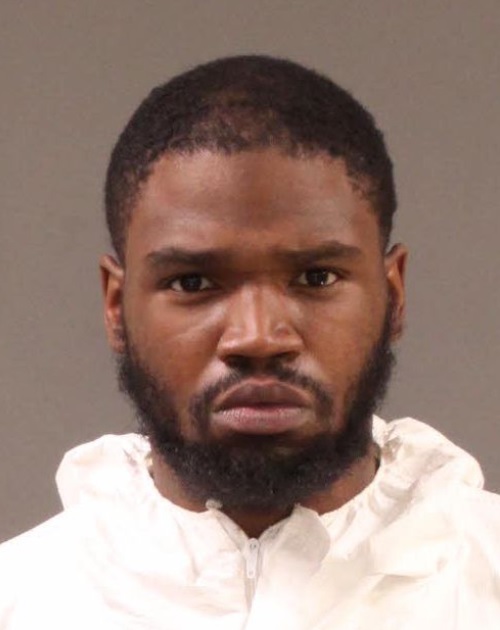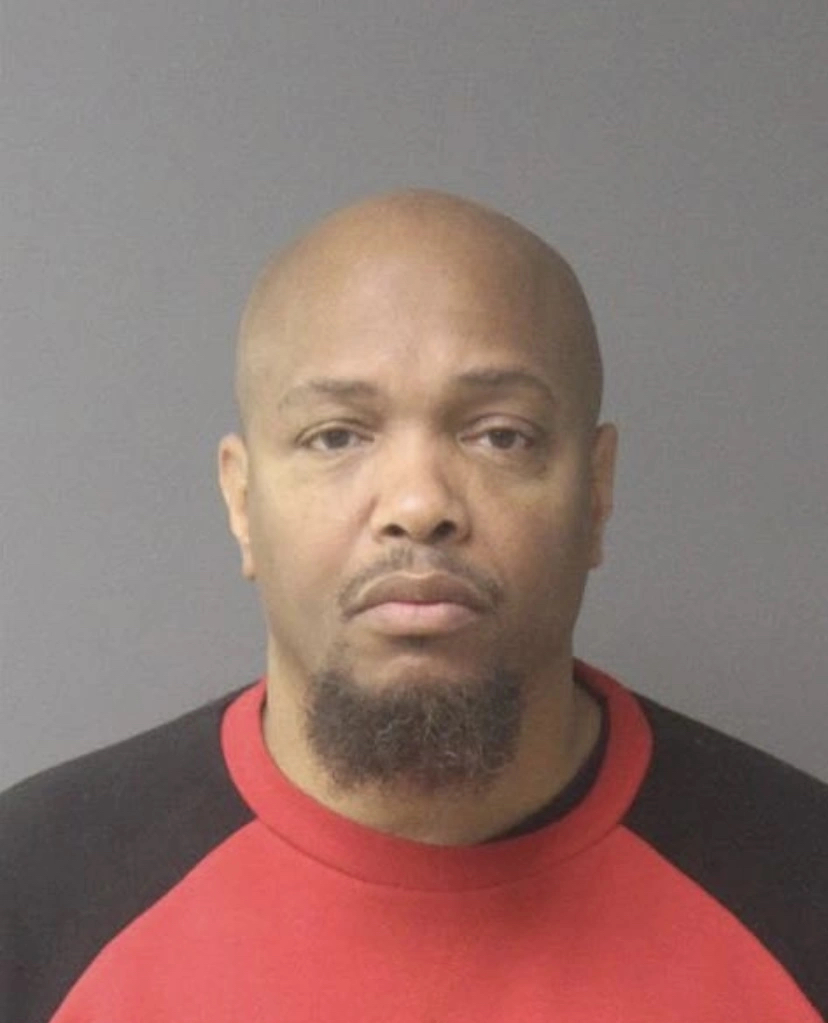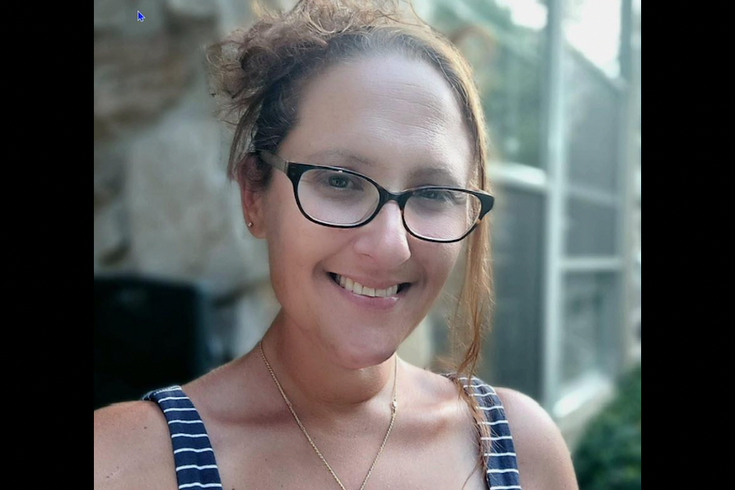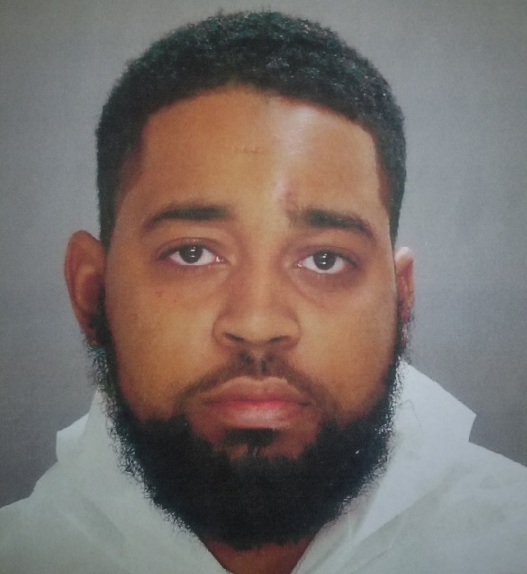“For many, Charlie Kirk’s assassination is the fall of a conservative icon. For me, it is the loss of the man who gave me purpose.” That’s how high school student Gregory Lyakhov describes Charlie Kirk’s impact on his life in The Wall Street Journal. And he’s not alone. Across the Keystone State, young people are […]





